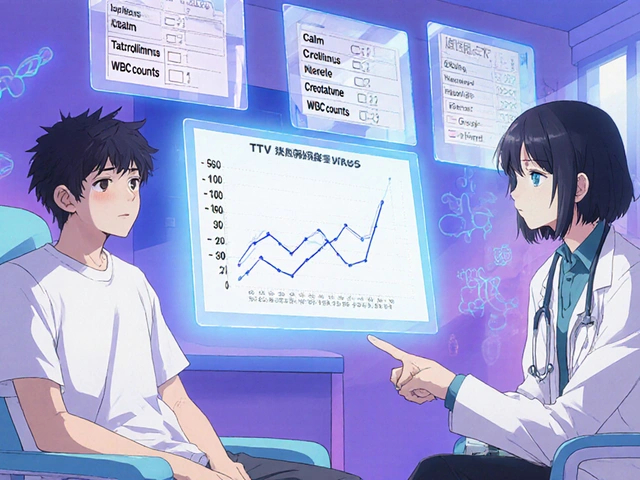Diabetes and Tuberculosis Link: Simple Facts and Practical Tips
If you have diabetes, you might wonder why TB keeps popping up in health news. The truth is, high blood sugar can weaken your immune system, making it easier for the TB bacteria to take hold. It’s not a mystery – the link is real, and understanding it can help you stay healthier.
Why Diabetes Increases TB Risk
When your blood sugar is constantly high, white blood cells don’t work as well. They’re the body’s front‑line defenders against infections, including Mycobacterium tuberculosis. Studies show that people with diabetes are about three times more likely to develop active TB than folks without diabetes. The extra sugar also feeds the bacteria, giving them a better chance to grow.
Another factor is that diabetes often comes with other health problems like poor lung function and obesity. Those issues can trap TB bacteria in the lungs longer, giving the infection a foothold. So, the combination of a weakened immune response and lung stress creates a perfect storm.
What It Means for Treatment and Prevention
If you’re diagnosed with both conditions, doctors will usually treat TB first and then focus on controlling your blood sugar. Some TB medicines can interact with diabetes drugs, so it’s important to tell your doctor about every medication you’re taking. Regular blood‑sugar monitoring during TB therapy can catch any spikes early.
Prevention starts with good diabetes management. Keep your HbA1c in the target range, eat balanced meals, stay active, and follow your medication plan. If you live in an area with high TB rates, consider getting screened for TB even if you feel fine. A simple chest X‑ray or sputum test can catch the disease before it spreads.
Vaccination also helps. The BCG vaccine isn’t widely used in the US, but in many countries it’s given to infants to protect against severe TB forms. Talk to your healthcare provider about whether the vaccine is right for you, especially if you travel to high‑risk regions.
Aside from medical steps, everyday habits matter. Quit smoking, limit alcohol, and get enough sleep. These lifestyle tweaks boost your immune system and lower the odds of both diseases taking hold.
In short, the diabetes‑TB link isn’t a death sentence. With proper blood‑sugar control, regular check‑ups, and a healthy lifestyle, you can keep the risk low and stay on top of both conditions.
Remember, if you notice persistent cough, night sweats, or weight loss, don’t ignore it—especially if you have diabetes. Early detection saves lives and makes treatment easier.
Take these steps today: check your blood sugar, ask your doctor about TB screening, and adopt habits that support your immune system. It’s a simple plan that can make a big difference when diabetes and tuberculosis try to team up.
How Diabetes Increases the Risk of Pulmonary Tuberculosis - What You Need to Know
Explore how diabetes raises the chance of pulmonary tuberculosis, the biological reasons, clinical signs, treatment tips and public‑health impact in plain language.






